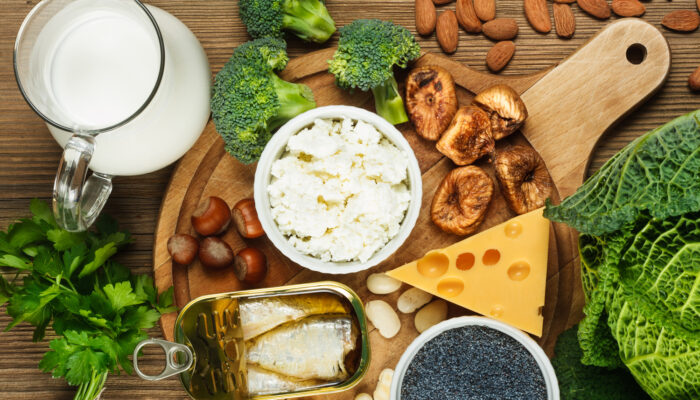
What you should know about veganism
Veganism is a way of life that that eliminates the consumption of foods that are derived from animals. It supports animal rights and is pro-environment.
What is veganism?
Veganism is a practice of abstaining from and preventing exploitation or any form of violence toward animals.
How is veganism different from vegetarianism?
The difference between the two is often nuanced. While vegetarians may avoid consuming animal flesh, they can include eggs and poultry products in their diet. On the other hand, vegans follow a strict diet that always excludes poultry products and any other kind of products derived from animals.
What does a vegan diet consist of?
For environmental and ethical reasons, vegans prefer a diet that excludes animal products. Whole grains and fruits are often included by those who practice veganism. Starch food and carbohydrates are preferred to compensate for the energy and protein value of the animal products. Legumes, pulses, nuts, and tofu are rich sources of proteins and minerals that the body needs for ensuring its upkeep.
Why is veganism on the rise?
The vegan community can be pretty experimental when it comes to diet. It would be rather foolish to restrict the idea of veganism to salads and leafy vegetables. As a community, vegans believe in the credo that cruelty to animals is unethical. With issues such as environmental degradation, protection of animal rights, and personal health on the rise, the wave of veganism has managed to create an impact on the people.
What are the myths about veganism that should be busted?
People often complain that those who lead a vegan lifestyle or prefer veganism as a mode of living are always hungry, because they never get to enjoy meat. This is a misinformed notion since vegans have a number of replacement options for meat.
What are the perks of veganism?
The perks of a vegan diet and veganism as a way of life are multifarious. Almost all the doctors and medical practitioners around the globe recommend to lower or reduce the consumption of meat from the diet. This is primarily in case of patients suffering from heart diseases. A vegan diet prevents Type 2 diabetes, and helps in the proper functioning of the kidney. Vegan diets are particularly recommended for reducing cholesterol and increasing the body’s metabolic rate.
What are the substitutes for those who practice veganism?
Soy milk is rich in protein and works as a good substitute for cow’s milk. Rice milk is another great option, since it is light. There are also various other alternatives, such as almond milk, cashew milk, and coconut milk. Most of these alternatives can be used for recipes that need dairy products.
Jackfruit, tempeh, and tofu are used as alternatives for meat. These can be cooked with the kind of spice one would like and has a great texture. Some of them are good sources of proteins and calcium.



